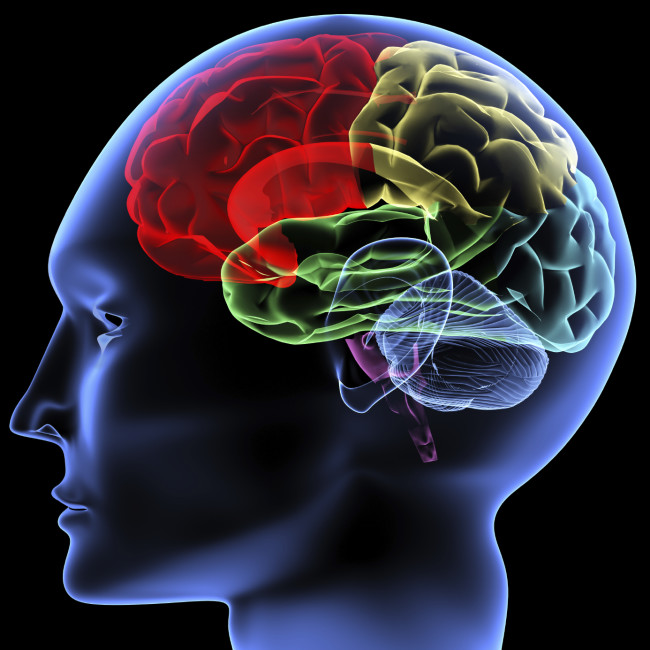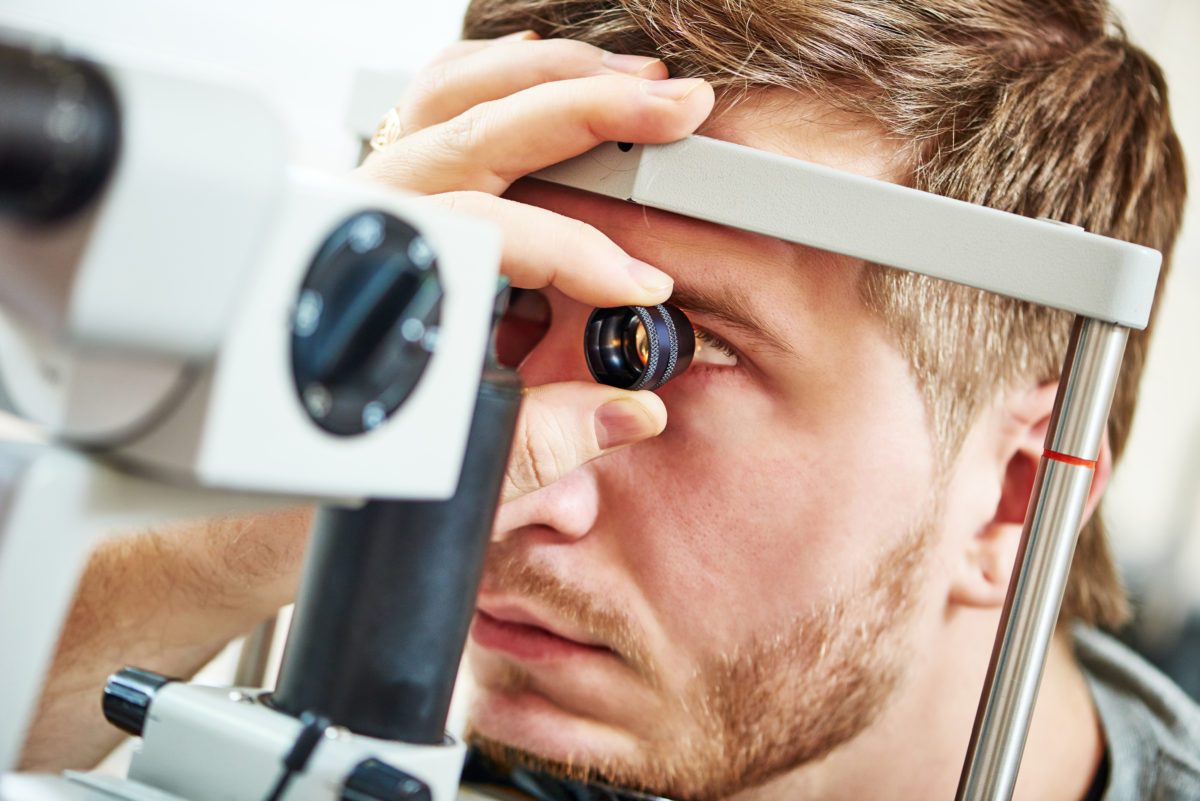I’m always looking for the latest research on Alzheimer’s, because it is a debilitating and progressive form of dementia, and there is still so much we don’t know about it!
A very interesting study just came out looking at people’s history of physical and mental activity over their lifetime, and their development of Alzheimer’s plaques as well as symptoms.
The study, reported recently in the journal Neurology, evaluated about 200 healthy people with an average age of 74 and looked at their lifetime history of both physical and mental activity. Then researchers compared brain scans (PET and MRI) of people with varied histories of activity.
We do know that people with Alzheimer’s have plaques that build up in their brains, destroying brain function. These plaques are formed from beta-amyloid protein deposits.
Basically the study found that regardless of physical and mental activity, amyloid deposits were found equally in different brain scans.
This is disheartening upon first look. After all, we expected the study to find that those who kept their brains busy and engaged more socially would have fewer plaque deposits.
But upon further study, there was no correlation between the amount of deposits and Alzheimer’s symptom’s developing; meaning two people can have the same amount of brain deposits but very different symptoms. While the amyloid deposits are the hallmark sign in Alzheimer’s patients, having the deposits does not necessarily mean you will exhibit signs of Alzheimer’s.
Remember, all study participants were healthy so far. It remains to be seen which participants will show mental decline earlier and more progressively. Long term follow up in this study is key!
Another weakness in this study is the reliance on people’s recollection of lifetime activities. I’d love to see a study begin now in 30-something year olds, to continue to track them into the 70’s and 80s.
These results suggest that our activity levels may not be able to affect Alzheimer’s on a cellular level, but can affect how the disease manifests in our symptoms.
There is evidence that a lifetime of mentally stimulating activity can build up “reserves” in the brain, which can fill in for areas that become affected by Alzheimer’s later on. If this could mean an extra year or two without symptoms, how great would that be?
What I also find important to highlight here is that using our bodies and our minds are equally important. Brilliant puzzle solver but never get up from your couch? Daily exercise fanatic but spend most of your time alone without social engagement? Neither of these work because the body and mind are intricately linked.
Once again the old saying “Use it or lose it” couldn’t be truer!
 English
English French
French German
German






